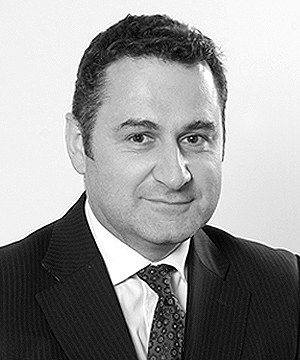Permanent symptoms following failure to diagnose an obvious infection in the shoulder post-operatively
Our client, who was a keen golfer and fisherman, had what was intended to be a straightforward arthroscopy procedure to his right shoulder following the onset of pain.
His post-operative treatment appeared to go well and was uneventful. Six days after the operation, however, our client noticed seepage from the wound and visited his GP who prescribed him antibiotics. Another course of antibiotics was prescribed when he returned to his GP with further pain spreading down to his wrist.
Although our client was seen by his treating consultant in the interim and his blood culture was taken, no further action was carried out. During a follow-up visit to his treating consultant some seven weeks post-operatively, our client complained of severe pain and discolouration spreading to his chest and back. He was nevertheless discharged despite the significant increase in symptoms.
Eleven weeks after his operation, our client saw his GP once again and was offered an appointment the following day to see his treating consultant. On the way home from his GP surgery he became repeatedly unconscious and was taken straight to A&E where he was admitted.
He then spent 25 days in hospital undergoing a number of operations to flush out the infection with debridement and IV antibiotics.
Our client has now been left with significant ongoing symptoms. He has difficulty in moving his arm, is able to look after himself generally but is limited in what he can do. He can only drive short distances and is no longer able to play golf or go fishing as he did before the incident.
Expert evidence confirmed that there was only a small prospect of improvement in our client’s symptoms. Further surgery and a shoulder replacement had been ruled out due to the risk of reactivation of bacteria in the joint and with the added complication of metal work having remained in situ.
The damages received reflected the significant permanent and disabling symptoms.
The case was led by John Kyriacou, a partner in the clinical negligence team in London.
 Return to case studies
Return to case studies





